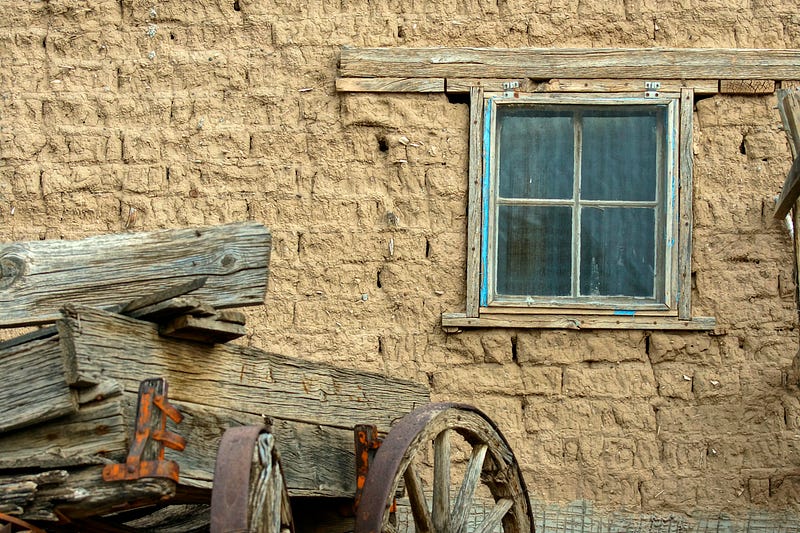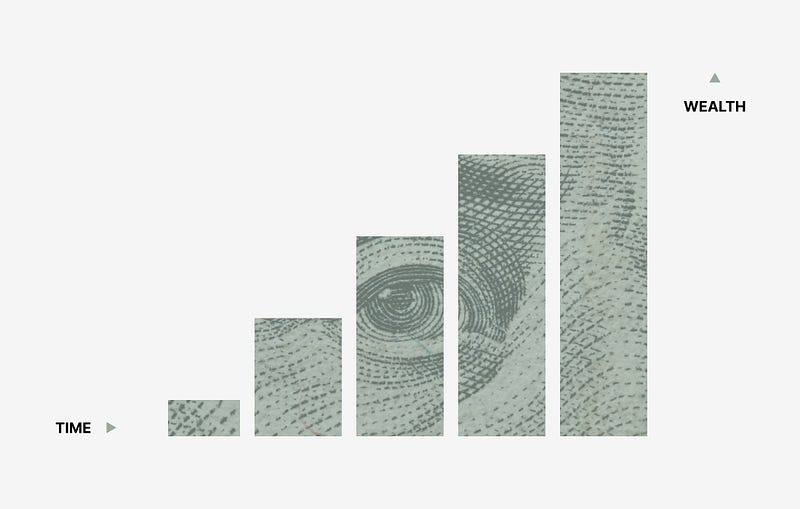A Discussion of Bourgeois Equality Chapter 39 “‘Democratic’ Church Governance Emboldened People”
Dr. McCloskey continues her exploration of what led to a cultural shift away from esteeming hierarchy and towards esteeming the individual because it is that shift that enables the Great Enrichment she is trying to explain.
She focuses more on the impact of the Radical Reformation which wanted to go further than Martin Luther and John Calvin.
The rhetoric of the Reformation criticized existing religious institutions and built up new ones, such as radical Anabaptism and later Quakerism, which gave men, and even women such as Margaret Fell, a voice denied by the old structures. (p. 367)
Even though today we think of Martin Luther as the leader of the Protestant reform movement when he posted his 95 Theses in 1517, his initial goal was to reform the Catholic church as opposed to leaving it.
McCloskey notes he still believed in hierarchy and was not thinking each person was of equal value, offering the following quote from him.
“A worldly kingdom cannot stand unless there is in it an inequality of persons, so that some are lords, some subjects.” (p. 368)
It was that kind of thinking she says that led him to condemn the Peasants’ Revolt in Germany in 1524.
His calls for church reforms may have led to the Radical Reformation movement, but it was not what he was intending. He wanted to reform the Church, not all of society and the status of the common man.
Radical Reformation
This movement had unintended consequences much like Luther’s call for reformation. In this case, McCloskey is noting the impact on the economics sphere when the intentions was only on the religious sphere.
It just so happened, in other words, that a fuller dignity and liberty for economic actors grew out of some versions of a fuller dignity and liberty for religious actors. (p. 368)
Their adoption of a radical form of governance of their church bleeds over to other parts of life. (p. 369) Instead of rules being handed down from the top from bishop or pope or king, the members of the congregation participate in the governance of the church.
In other words, it was a small step in logic, if not immediately in practice, from the priesthood of all believers to the citizenship of all indwellers and the entrepreneurship of all commoners. (p. 371)
The rise of denominations and churches that were governed by its members following their understanding of the Bible independent of outside institutions is a hop, skip and a jump from thinking these same people should be able to govern themselves in business and in government.
A free society is a do-it-yourself society, as the philosopher Stephen Hicks puts it, a society in which things are not done to or even for a free adult, but done by her. No bishops. And at length no lords and kings. And then no central planning or expert regulation. Laissez faire. (p. 375)
She is not saying the system of trade tested betterment arose only because of those participating in these Radical Reformation churches, but that this is another thread contributing to the idea of self-governance, whether that be in church or the marketplace.
She has focused on other political and cultural factors that led to a cultural shift in the Netherlands in an earlier chapter.
How the Dutch First Got Bougie
What McCloskey is adding in this chapter is the role religious reformation played in adding to the idea of self governance.
It protected a new sense that it was alright to be a person dealing in voluntary exchange, entailing an acceptance of the outcomes of such exchange as just — and therefore of a piece with responsible accountability. It was a new idea in Holland circa 1600 and especially in England circa 1700 and Scotland and British North America circa 1750, and beyond. It was the Bourgeois Revaluation and the Bourgeois Deal. (p. 376)
Next chapter we continue with the impact of changes in religion on this process by examining the changing theology of happiness.
Reference: McCloskey, Deirdre Nansen, 2016. “‘Democratic’ Church Governance Emboldened People,” Chapter 39 of Bourgeois Equality, The University of Chicago Press.




